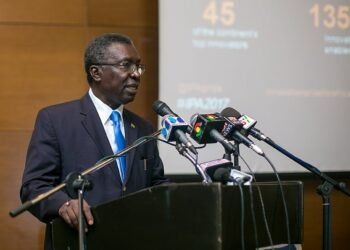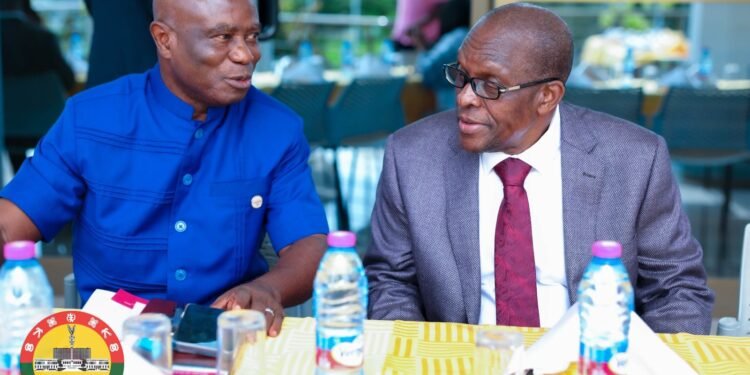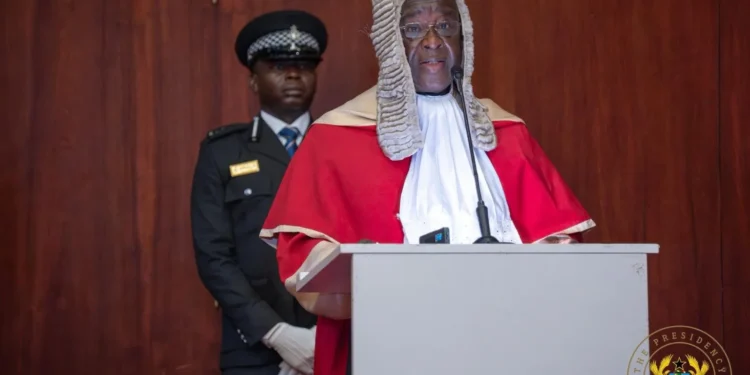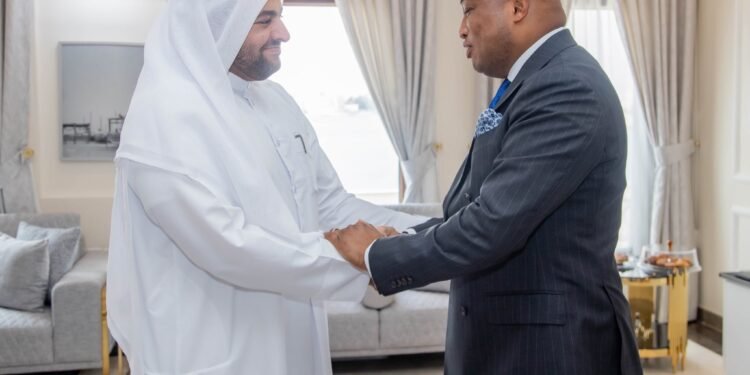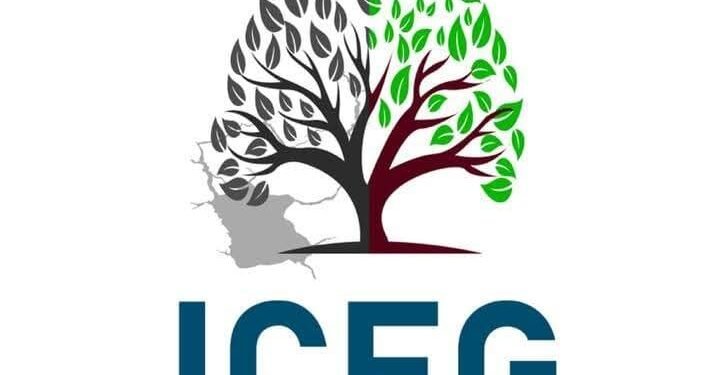Renowned legal scholar and a Fellow at the Center for Democratic Development (CDD-Ghana), Professor Stephen Kwaku Asare, has called on academic institutions to set regulative standards for their members’ public engagements.
Prof. Asare emphasized this need by highlighting the tight relation between academic scholars and the institutions they represent.
He emphasized that to the extent that the identity accorded a university professor comes with the name of the university he or she represents, it behooves the said university to regulate how it is represented by the said professor in the public space.
“Scholars who appear on radio and television do so with the university’s name under their title, and the institution has every right to set standards for how its credibility is carried into the public square.”
Professor Stephen Kwaku Asare, Legal Scholar and CDD-Ghana Fellow
Prof. Asare noted that these institutions can at least set clear guidelines that state the regulation that members must conform to in their contributions to public discussions.

He went on to emphasize how the smearing of the credibility of the individual scholar can undermine the credibility of the institution he or she represents.
“A simple framework, outlining expectations of civility, accuracy, professionalism, and consequences for lapses, can protect both the individual and the institution.”
Professor Stephen Kwaku Asare, Legal Scholar and CDD-Ghana Fellow
The good governance advocate emphasized that the academy’s role is to elevate the national conversation, fostering thoughtful dialogue and intellectual growth rather than “participating in our growing culture of insults.”
He further emphasized that academia should serve as a beacon of respect, encouraging debate that sharpens ideas and broadens perspectives.
He further stated that a healthy disagreement is welcome, as it fuels progress, but “disgraceful conduct” undermines trust and diminishes the academy’s purpose.

“Debate is welcome. Disgrace is not.” Prof. Asare further emphasized.
The CDD-Ghana Fellow stated that Ghana’s political discourse has already become “unattractive,” as it is clouded in “a culture where insults travel faster than ideas.”
He added that within this discourse, very little serious engagement is clouded in very “shallow and noisy” submissions.
Prof. Asare further argued that given academics’ enormous intellectual training and the expectations society has for them as the conscience of society, they ought to rise above the “unattractive, shallow, and noisy” politicking of the Ghanaian political discourse.
“They are trained to bring clarity, evidence, and discipline into the public square. So, when lecturers abandon those values and engage in heated, ugly altercations on live television, universities cannot pretend it is “not our business.”
Professor Stephen Kwaku Asare, Legal Scholar and CDD-Ghana Fellow
Prof. Asare’s call came on the back of an alleged altercation between two university lecturers on live television on Saturday, November 15, 2025.
He emphasized that it is very much the “business” of universities to be concerned about the conduct of their lecturers in the public space.
The CDD-Ghana Fellow went on to highlight reasons why universities must be deeply concerned about members’ public conduct that undermines credibility and intellectualism.
He noted that while such conduct can be damaging to the reputation of the university they represent, it also “erodes public trust in academic expertise.”
He also emphasized that, as such conduct undermines the university’s mission, its duty to elevate and enrich national discourse is diminished, highlighting how such situations “set a terrible example for students.”

Prof. Asare further stated that such conduct “politicizes the academy and drags universities into partisan fights,” which “reflects a breakdown in professional standards.”
He further argued that such conduct “creates internal tension and polarization among faculty,” just as it “exposes weak institutional governance and lack of clear codes of conduct.”
He also highlighted that conduct of that nature discourages thoughtful scholars from appearing in the media, silencing valuable voices and weakening public discourse through diminished participation.
Emphasizing the most concerning adverse effect of such conduct, he stated that “it signals that society may be losing its moral and intellectual anchors.”
He further emphasized that given these reasons, universities must arise and uphold their responsibility of serving as the intellectual backbone of society.
“If even academics cannot model reason and restraint, who will steady the national conversation?” he quizzed.
Prof. Asare therefore emphasized that while “universities must protect academic freedom, they must also insist on academic responsibility.”
READ ALSO: GOIL Streamlines Operations to Improve Transporters’ Daily Experience








